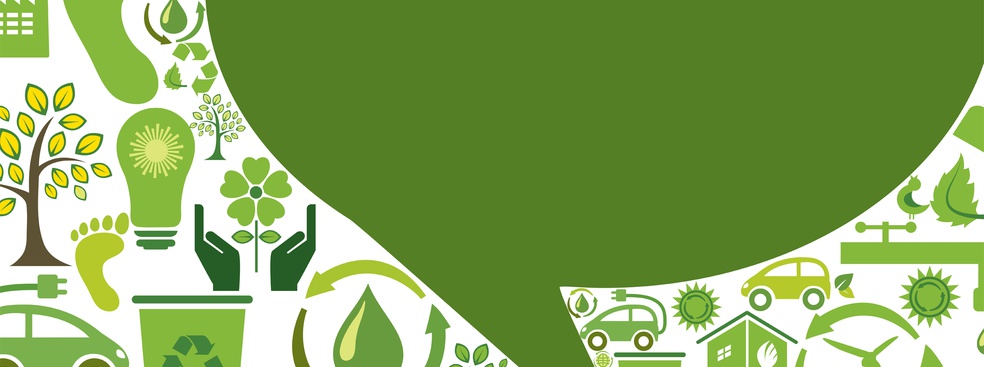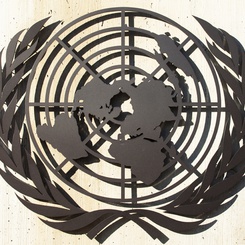How do firms earn their environmental reputation? Certainly, major environmental catastrophes such as the 2010 British Petroleum oil spill in the Gulf of Mexico have a serious effect on corporate image. What is less clear is the extent to which a firm’s general environmental performance impacts public perception and reputation. This study investigates the extent to which environmental disclosure – any qualitative or quantitative information produced by an organization that deals with environmental issues – acts as a lens to filter and shape public perception.
Indeed, environmental reputation can be vitally important to a firm’s financial performance by contributing to its “social legitimacy,” often regarded as necessary to an organization’s survival. This is ultimately pushing firms to communicate with their publics and disclose more extensively on their track record and commitment to the environment. And because companies with worse environmental performance face greater social and political pressures, they have added incentive to disclosure. The result: the biggest environmental offenders are saying more and talking more loudly on their environmental commitment, making disclosure a tool for reputation risk management.
Looking at the reputation scores reported in Newsweek magazine’s first-ever ranking of the “greenest” companies in America, not only did this study find that the worst performers communicate more extensively on their environmental actions, it also unexpectedly found that both reputation and membership in the Dow Jones Sustainability Index (DJSI) appear to be related more to what companies say through environmental disclosure than what they do. In other words, many of the worst performing companies have created the best environmental reputations and established themselves within the DJSI. This suggests that firms successfully use voluntary environmental disclosure to offset the potential negative reputational effects of poor environmental performance.
Determined by Sustainability Asset Management, a fund-management firm based in Zurich, Switzerland, membership to the DJSI is based on a review of company-submitted questionnaires, as well as corporate environmental, health and safety reports. However, the DJSI is only open the top 10% of companies included in the broader Dow Jones Global Index. So, although membership in the DJSI has been lauded as a signal of leadership in terms of corporate sustainability, determining factors for inclusion on this list are still largely financial, with any environmental evaluation relying heavily on company-provided internal and external reporting documents.
In other words, without having to adequately back up their claims of environmental responsibility, many firms included on the DJSI are showing that they can effectively manipulate public perception. The major concern brought up by this investigation is therefore whether voluntary environmental reporting may actually be reducing the incentives for companies to improve their future environmental performance.
As ESSEC Professor Charles Cho explains, “the DJSI isn’t giving companies the incentive to do better; it is only giving them an incentive to communicate better, because this is proving to be the determining factor.” While more frequent environmental reporting does show that more companies are taking the environment into account, “the system is now getting abused,” he explains. “Corporate Social Responsibility has become a communication or marketing strategy rather than a cultural value.”
Further Reading:
"Enhancement and Obfuscation through the Use of Graphs in Sustainability Reports: An International Comparison", published in Sustainability Accounting, Management and Policy Journal.









